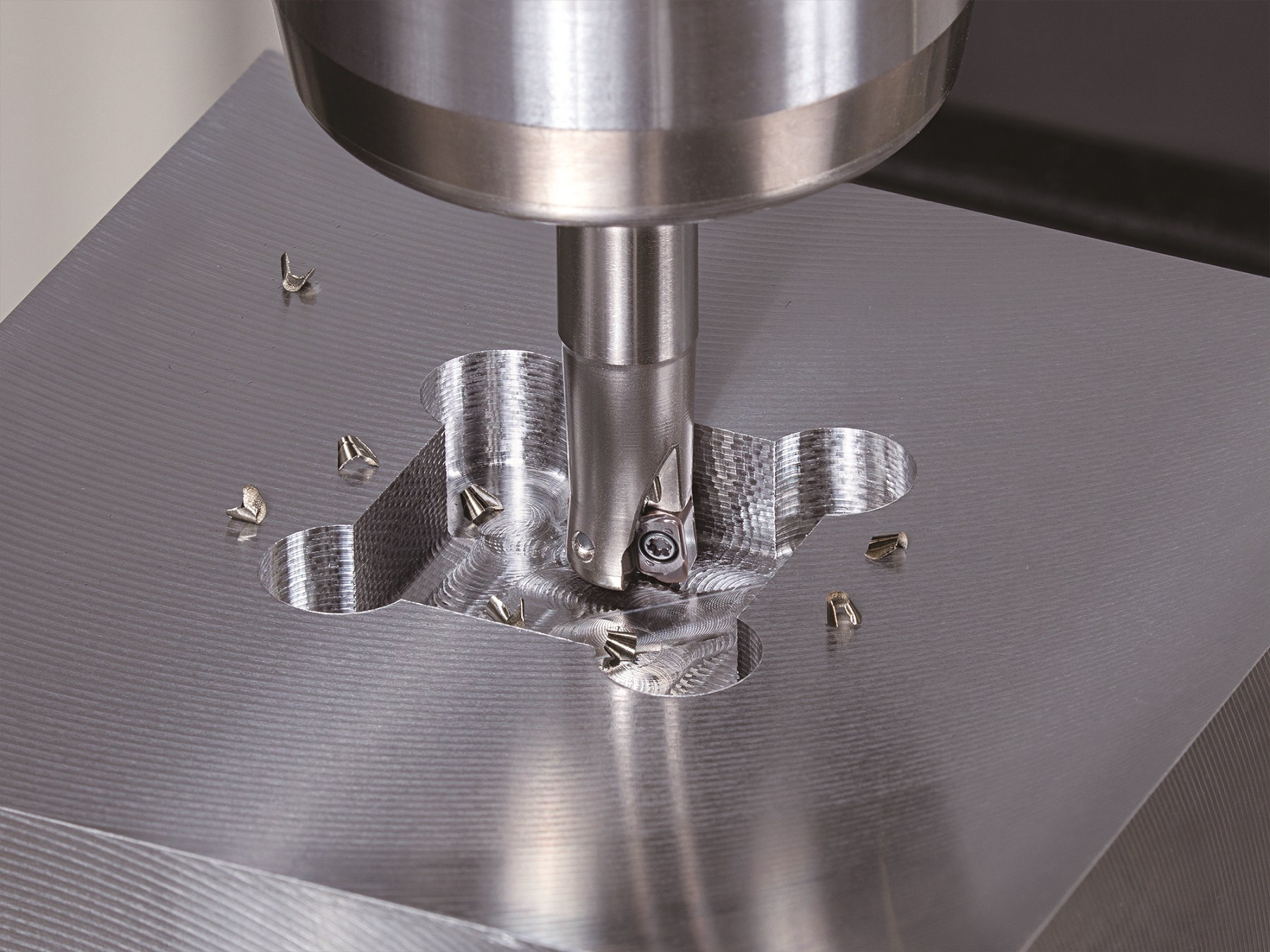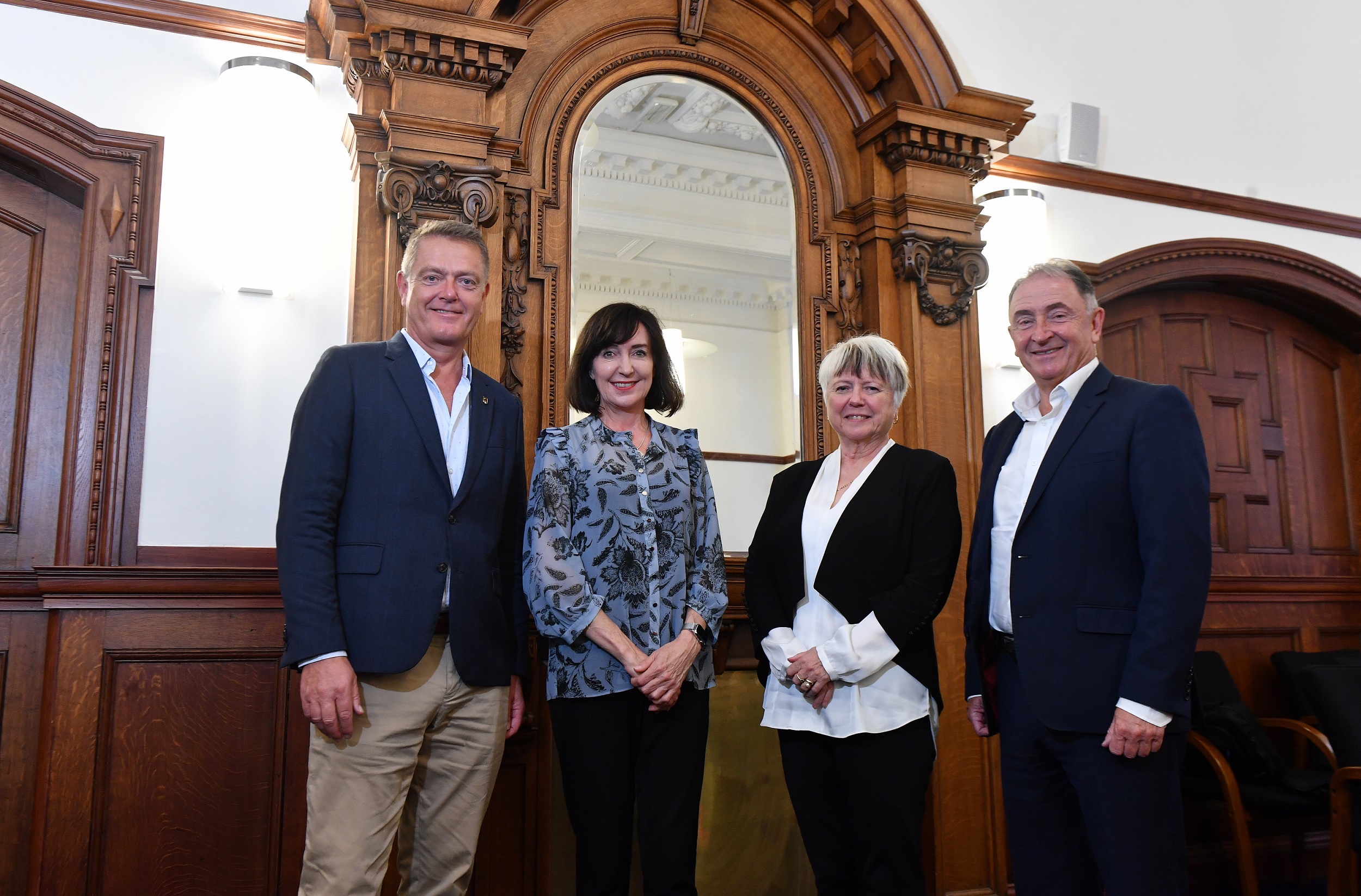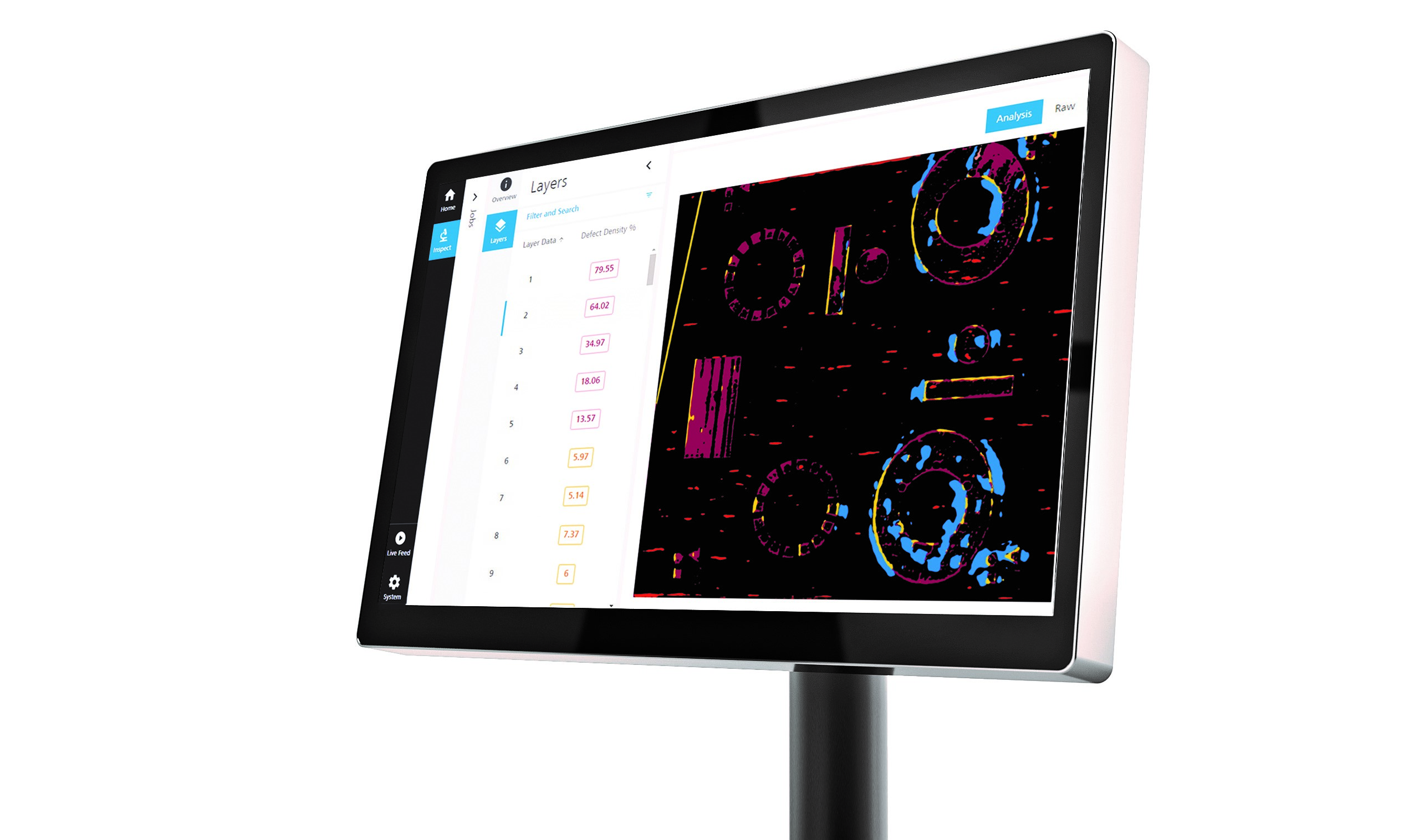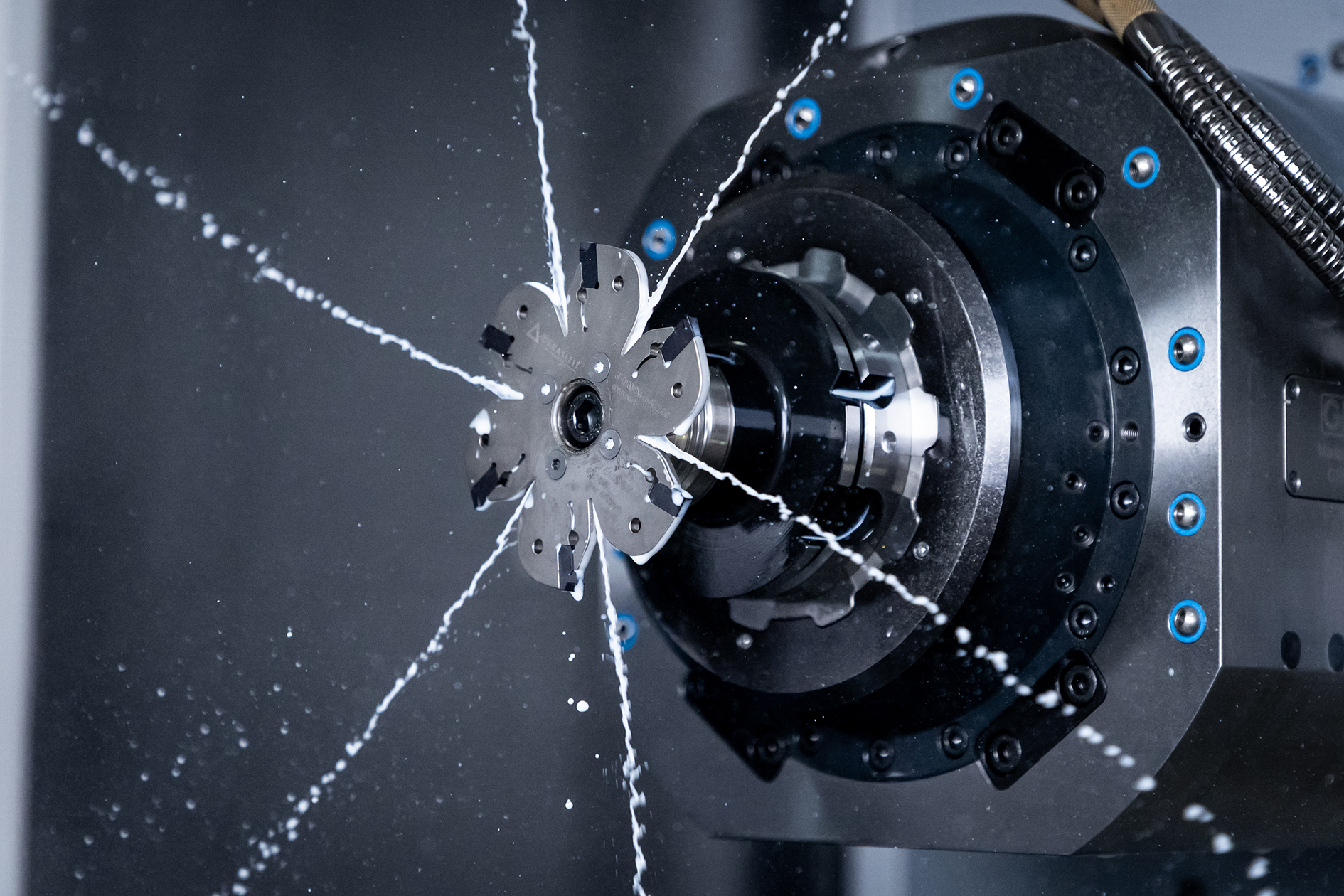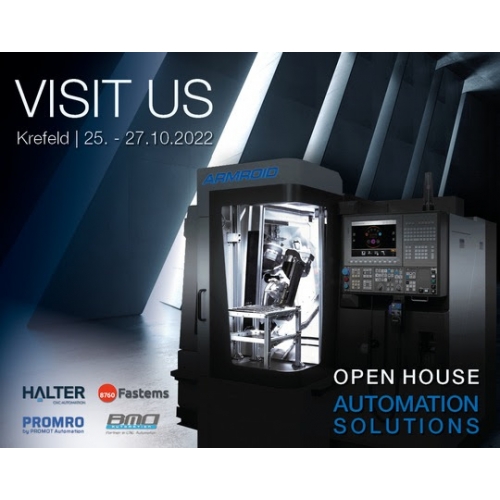Tungaloy’s DoFeed milling solutions have proven successful for almost a decade and, to build upon this reputation, the company has launched its AddDoFeed series. Developed for high-feed milling on small parts, the new line exceeds the cost efficiencies and productivity benefits of DoFeed solutions.
Suitable for manufacturers in the mould and die, automotive, oil and gas, and general engineering sectors, Tungaloy says this milling family is certain to improve productivity for end users. Although solid-carbide end mills have long been applied to small parts, it is unproductive to use such tools when requiring considerable stock removal in slotting or pocketing applications. This is because the low bending stiffness prevents the tool body from sustaining the heavy radial force generated when feed is increased to improve cycle times.
The new AddDoFeed uses small size 02 inserts with a 4 mm inscribed circle and offers close-pitch cutter bodies that boast high insert-to-diameter density for a small diameter indexable cutter. Tungaloy offers the AddDoFeed small diameter high-feed milling cutter series in diameters of 8, 10, 12, 16, 20 and 25 mm, which allows the 16 mm diameter tool body to carry four inserts, with five inserts on the 20 mm diameter tool and seven inserts on the 25 mm version. This insert density enables users to ramp up feed rates and increase productivity. The tool bodies are available with a rigid short-shank tool body or a long neck shank for difficult to reach surfaces, along with a modular-head system that is coupled with a tapered carbide shank for increased rigidity.
For further information www.tungaloy.com






